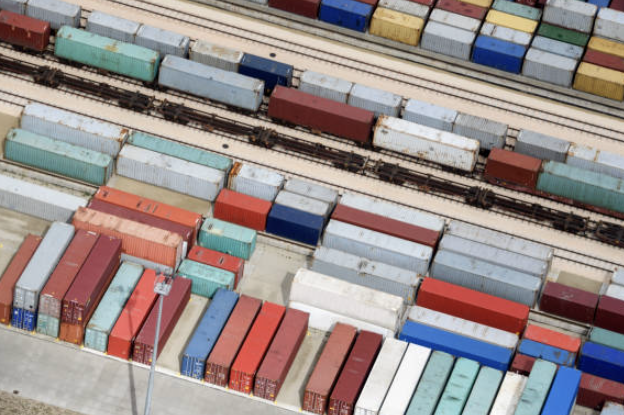
Posted on Thursday, October 31, 2024
With Hungary’s manufacturing industry on the rise, many businesses are turning to roll forming machines to produce custom metal profiles and meet rising demand. Whether you're a company expanding production or a new business seeking efficiency, importing a roll forming machine can significantly boost productivity. However, importing machinery is a detailed process involving regulations, logistics, and cost considerations.
Hungary’s manufacturing sector is experiencing substantial growth, especially in construction, automotive, and metal fabrication. Roll forming machines allow businesses to produce highly customized metal profiles efficiently, which is crucial for competitive manufacturing. However, local suppliers may not always offer the specific machinery or configurations you need. By importing a roll forming machine, you gain access to a broader selection, potentially better quality, and often more advanced features than those available domestically.
Before purchasing a roll forming machine from an international supplier, there are specific considerations that Hungarian buyers should keep in mind:
Navigating import regulations is crucial when bringing machinery into Hungary, as non-compliance can lead to delays or fines. Here are the main regulations you need to know:
Heavy machinery like roll forming machines requires careful planning for transportation to avoid delays and damages. Consider these points:
Importing a roll forming machine involves multiple cost components beyond the machine’s base price. Here’s a breakdown:
By calculating these costs early, you can assess the total investment needed to bring a roll forming machine to Hungary.
To better understand the importing process, let’s look at a case study of a Hungarian manufacturer who successfully imported a roll forming machine:
A mid-sized metal fabrication company in Budapest recently imported a specialized roll forming machine from Germany. The company needed a machine capable of creating customized steel profiles used in automotive manufacturing. The machine met EU standards but required slight modifications for Hungarian voltage compatibility. They worked with a customs broker to streamline the clearance process and purchased shipping insurance to cover potential transit risks.
Once installed, the machine improved production efficiency by 30%, allowing the company to fulfill larger orders on a faster schedule. The upfront costs were higher due to the import duties and modifications, but the return on investment was realized within the first year of operation. This case study highlights the importance of proper planning, from compliance checks to logistics coordination.
Importing the machine is just the first step. For a smooth and efficient setup, consider these post-import needs:
Importing a roll forming machine into Hungary can be a game-changer for your business, offering production flexibility, quality, and efficiency. Here are a few final tips to ensure a smooth import process:
By following these steps, you can make the importing process smooth and efficient, helping you maximize the benefits of your new roll forming machine in Hungary’s thriving market.

Used Purlin Roll Forming Machines for Sale Worldwide
Posted on Sunday, January 25, 2026
Pre-Owned Roll Forming Machines for Purlin & Structural Steel Profiles

Used Roof Panel Roll Forming Machines for Sale Worldwide
Posted on Sunday, January 25, 2026
Pre-Owned Roll Forming Machines for Roofing Panel Production

Used Roll Forming Machines for Sale Worldwide
Posted on Tuesday, January 20, 2026
Pre-Owned Roll Forming Machines with Inspection, Verification & Global Support

Steel Coil Supply for Roll Forming Machines Worldwide
Posted on Tuesday, January 20, 2026
Reliable Steel Coil Supply for Roll Forming, Fabrication & Manufacturing Applications
Copyright 2026 © Machine Matcher.